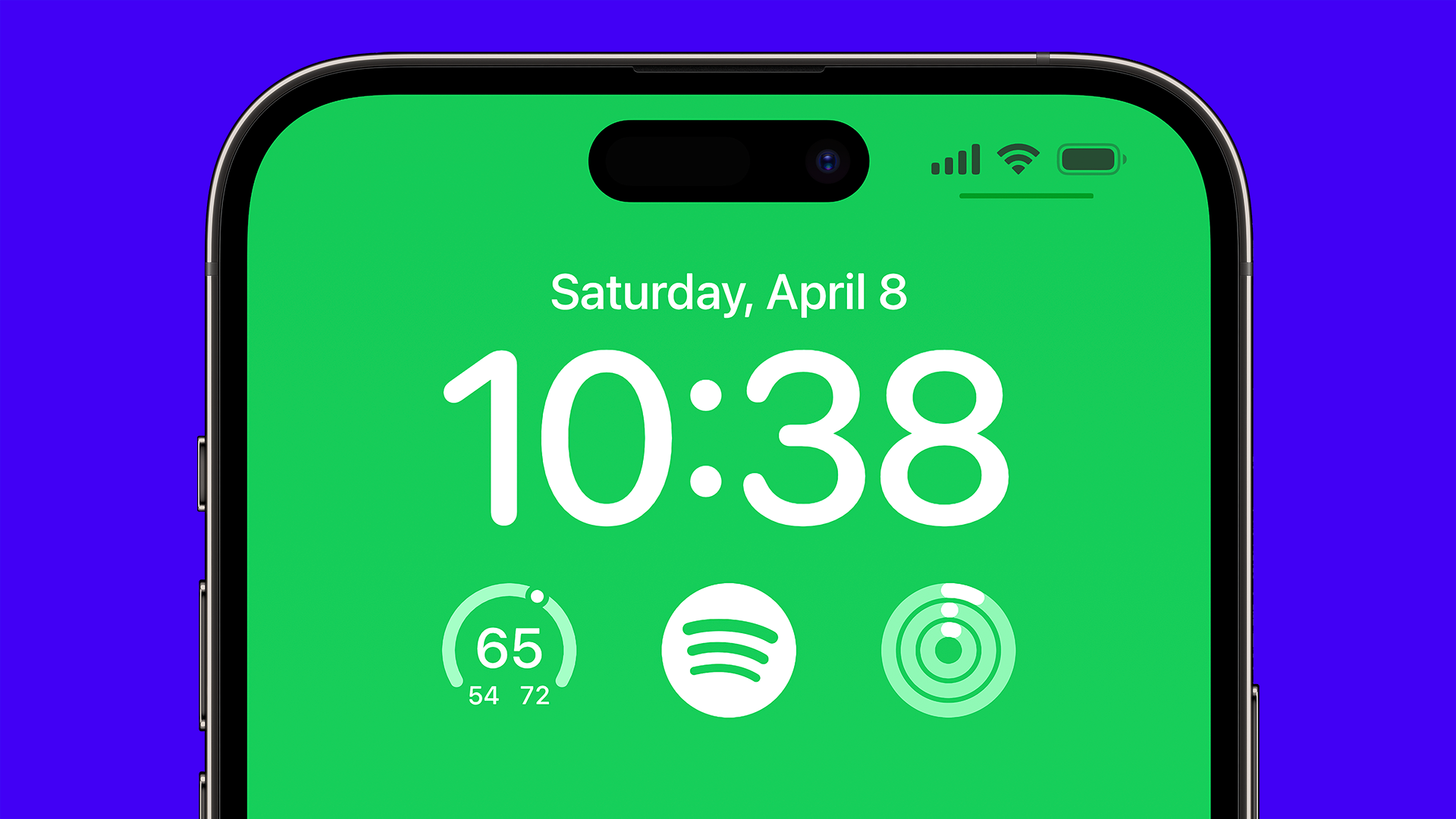ICYMI: Mobile & Beyond; 15:2023
Week 15

Android 14. Google launches the first public beta of Android 14. The next full version of the world’s most popular mobile operating system promises to work across various form factors, bring smarter system UI, offer further personalization and more. For a deeper dive on all of the new features (plus some expected ones), you can check out this post (with video). You can also see the full list of releases and dates here.
Spotify… announced the release of a new widget for iPhones. Leveraging the customization made available by iOS 16+, the music streaming service now offers quicker access to their mobile app by way of a Lock Screen widget. A Home Screen widget is also available as well as integration with Live Activities. While I applaud these sorts of deeper integrations that only native mobile can do, the Lock Screen widget itself doesn’t offer anything other than an additional launch point.
AI-pps. In-app spending increases 4000% in AI-powered apps! No, that’s not a typo. According to a recent report from analytics firm Apptopia, AI-powered apps are seeing a boom in the YoY numbers for downloads and user spending. Most of these apps — with some exceptions like Bing and Edge — are some variation of a chatbot, but are designed for specific use cases in order to provide some differentiation. Some even let you build your own!
watchOS. This concept reimagines watchOS 10 in anticipation of its upcoming unveiling. Pure speculation and experimentation, the concept explores a new Home Screen with widgets, Live Activities, and evolved Glances UI. Even though none of this is likely to make it into the real watchOS 10, for us UI enthusiasts out there, it’s fun to play around with some ideas of what could be. You never know when fiction could inspire reality.
Twitter Drama. More newsrooms leave Twitter due to dispute over account labels. More news orgs have followed in NPR’s footsteps of leaving the platform over labels that were originally intended for state propaganda accounts. That’s on top of the once-coveted blue checkmarks that legacy accounts were set to lose on April 20th in an attempt to strong-arm people into Twitter Blue subscriptions. Sarah Perez gives a solid take on the state of things in the most recent issue of This Week in Apps.
While I was away…
Naturally, a lot of news and announcements were missed while I was on hiatus. It happens. I’ve had several drafts started, but nothing that quite made it to the final edit stages. Given that we’re talking about several weeks worth of mobile news, I’m obviously not going to rehash that all here. But at the very least, I wanted to call out the big items.
WWDC23 dates were announced. This was probably the big one — mark your calendar for June 5–9. For me, it’s the biggest mobile-related event, with Google I/O holding a strong second. Everything else like the various Galaxy Unpacked’s, Mobile World Congress, CES, etc all focus on the hardware side. But WWDC and I/O are all about the software, baby!
iOS 16.4.1 was released. Although it’s not a major update, it still patches some security issues and fixes some bugs with Siri and emojis. I try to always call out when Android or iOS have updates, no matter how small, so it still ranks in the top three for me.
And then there was the Fake Moon controversy around the Samsung Galaxy. The short version is a lot of image processing that leaves us asking, “What is a photo anyway?” Be sure to check out the flow chart that Samsung provided to illustrate the process. But this calls back to the larger conversation around AI-assisted tech.
Articles
- Android 14 Beta 1 (Android Developers Blog)
- iPhone Lock Screen Widget: Open Spotify Faster (Spotify Blog)
- User spending goes up by more than 4000% on AI-powered apps (TechCrunch)
- watchOS 10 concept visualizes new Home Screen with widgets, Live Activites, and more (9to5Mac)
- More newsrooms bail on Twitter as Musk meddles with account labels (TechCrunch)
Events
- [May 10] Google I/O 2023 (Google)
- [May 23–25] MAU Vegas (MAU)
- [Jun 5–9] WWDC23 (Apple)
- [Jun 5–7] B2B Summit North America (Forrester)
Resources
- How to Design Notifications for Better Mobile Interactions (Interaction Design Foundation)
- The System Usability Scale (SUS) (Video) (NN/g)
- The HUAWEI ban explained: A complete timeline and everything you need to know (Android Authority)
- Checkout Usability: Autodetect “City” and “State” Inputs Based on the User’s Postal Code (Baymard Institute)
- This Week in Apps - Millions of Downloads (Appfigures)
